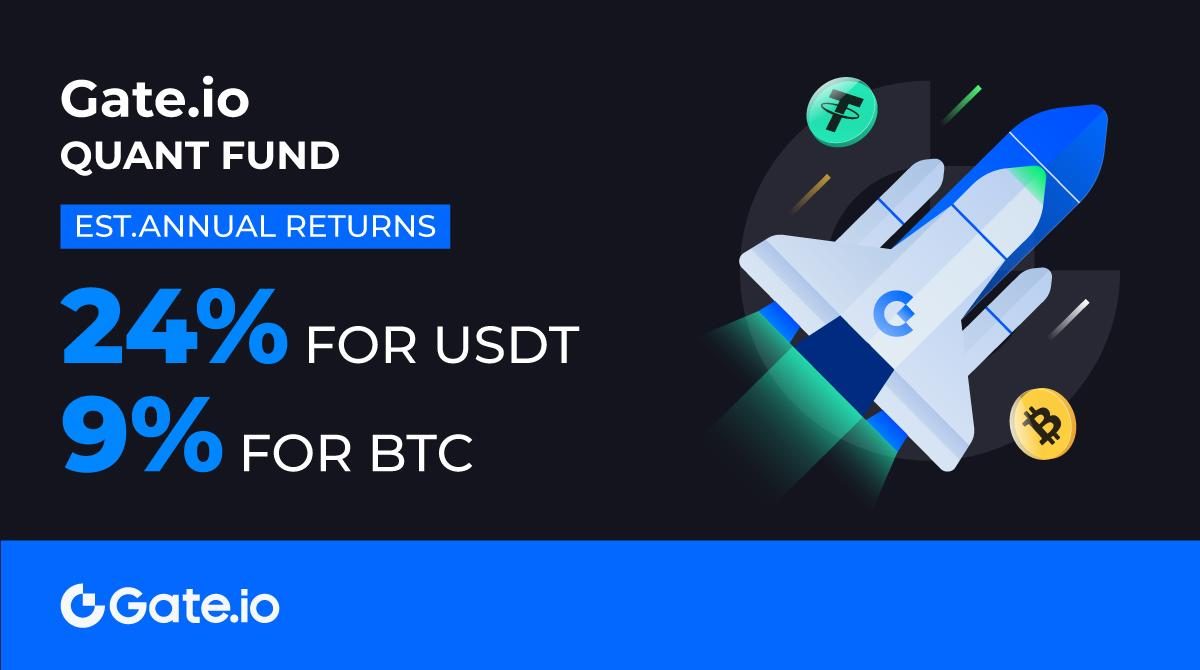Binance fixes problems with complying with travel rules after several bans
Binance, the world’s top-rated cryptocurrency exchange by daily trading volume, quickly faced a spate of operating bans in three different jurisdictions: Ontario, Canada; Japan; and Great Britain. While affected users continue to adapt to these rapid developments, the platform seems to be increasing its efforts to meet international regulatory requirements – especially the so-called “regulations”. Tourism rules ”shape the industry.
The travel rule introduced by the Financial Action Task Force (FATF) requires regulators and virtual asset providers (VASPs) – including cryptocurrency exchanges, custodians, and over-the-counter trading desks – to collect and share customer data during transactions. This rule will take effect in 2020 and is generally similar to the pre-existing requirements for money transmitters in countries such as the United States, which require remitters to record the identifying information of all parties involved in money transfers between financial institutions.
However, following the rule has become complicated for many cryptocurrency exchanges around the world due to the differences between different country-specific conversions within the FATF framework. For this reason, Binance, following in the footsteps of other VASPs, chooses to implement a specialized tool developed by the crypto-intelligence company CipherTrace that is tailored to some of the challenges VASP faces.
The tool is known as “Travelers” – named after the rule for which it was developed – the tool continues CipherTrace’s long work on the open source information architecture for travel rules – and was developed around the FATF mandated VASP -Due diligence to deal with the counterparty. Company CEO Dave Jevans said that CipherTrace “believes Traveler will help Binance continue to meet the highest standards of global anti-money laundering compliance, especially as VASP regulations tighten in jurisdictions around the world . ” He added that the solution aims to enable AML compliance “without compromising security or business continuity”.
Traveler aims to simplify the transaction process of Vet VASPs by automatically defining VASP-to-VASP transfers along with recipient VASPs. The tool is designed to ensure that sensitive, personally identifiable, and identifiable information related to confirmed cryptocurrency transactions remains secure and is only shared between organizations that adhere to the travel code. Using an encrypted, mutually authenticated infrastructure, Traveler also issues digital VASP Know Your Customer certificates and automates the introduction and testing of new partner VASPs, including VASPs in jurisdictions that have not yet implemented mandatory information exchange regulations.
Connected: Crypto companies still have to largely adopt the “travel rule”, says the FATF MP
Reportedly, the first legal action against Binance’s operations this month was launched in Japan on June 25th, where the financial services authority issued a warning on the stock exchange, forcing the company to offer its services to Japanese users without the required registration. On the same day, Binance announced that it will cease providing services to users in Ontario, where the provincial regulator has been extremely proactive in examining and taking action against cryptocurrency companies.
Immediately after these developments, the UK financial regulator ordered Binance to cease all regulated activities in the country. Binance’s UK customers are currently unable to use Faster Payments on the popular transit line to withdraw pounds from the platform.
.
.



















